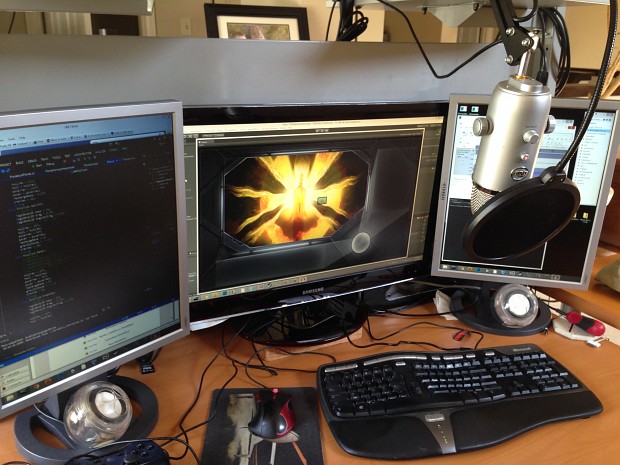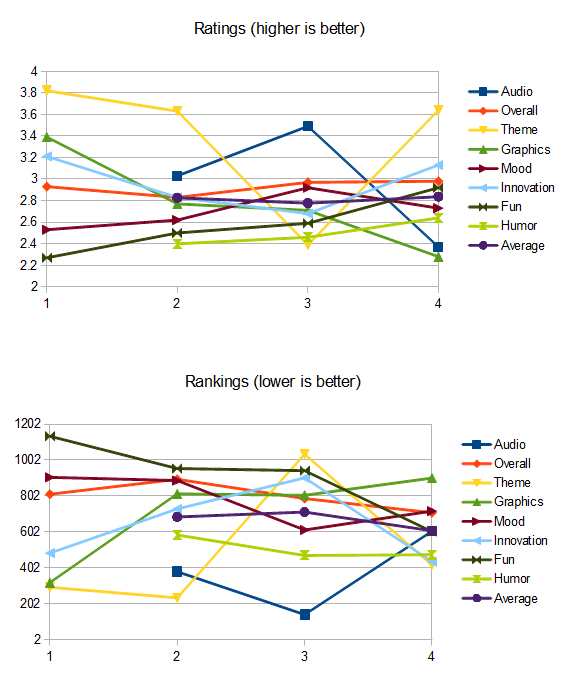Oh there you are. Hehe. Haven't seen many updates from you recently.
This sux, indeed! xD I didn't posted that much towards the end of OT1,
unfortunately. I would like to comment and write a bit more, but the current
bits and pieces I'm going through take quite some time and on the other hand
won't easily translate into something pleasing to show or to discuss about, at
the moment, unless you guys are interested in talking about vacuum tubes,
amplifiers, heterodyning etc. All this stuff doesn't sound like being related
to video games and may as such not be a good topic to discuss about over here,
yet all these things gave video games its defining character in the first
place, i.e. video. Well, I'm currently quite involved in the video part of
video games so to speak. In about two month time I'm going to fit some of
the pieces together to get something on the screen again.
On another note:
I'm looking for a mathematician who is interested to work with me on video
games technology putting some of the higher equations into action. Basically,
if any of you has some higher knowledge in analysis, numerical computing,
partial differential equations etc., I would be pleased to work with you on
quite some interesting stuff. For example, further down the road I would like
to compute the electron trajectories in a given electrostatic force field,
which isn't too difficult to say at least (equation of motion). What's more
interesting is to actually compute the electrostatic force field of a given
geometry and its boundary potentials. This is a more tough problem especially
considering it is in three dimensions. However, I guess we only need Laplace's
equations to actually get the field (well, it's a potential field after all).
Numerical discretization is another problem. Finite-elements would be cool,
yet finite-difference will do for a start, up until the geometry gets more
curved. Well, if the above makes sense to anyone, and if one is interested in
applying such thing to video games,
hit me up!





